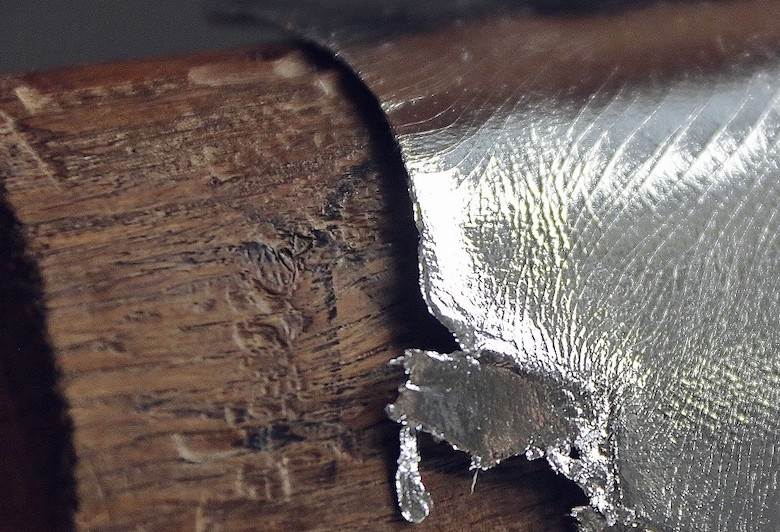Criticism offers opportunities for dialogue, French tanner says

A senior figure in the French leather industry has said he welcomes the opportunity to enter into discussions about leather that public criticism of the industry can present.
The export manager of small skins tannery Bodin-Joyeux, Thomas Eberhard, said on social media at the end of October that he has been struck by a change in the tone of the discussions he has with customers in the high-end fashion industry these days.
He insisted that, even though the leather industry sometimes comes in for fierce criticism in these discussions, he views the change as positive.
“When I started taking part in fashion industry discussions like these in 2001, I was regarded as something of a curiosity, perhaps as a necessary evil,” Mr Eberhard said. “Even if leather was viewed at the time as a raw material that offered interesting margins, and you would see three or four different types of garment made from leather at every runway show, it was not the norm then to come across a style team dedicated to leather. But everything has changed.”
He went on to say that fashion houses now have options for using many different types of leather in different types of product. He said, for example, that “all the sneakers that have been omnipresent for the last five years” can be made “more refined” through the use of high-quality materials and are “returning to their leather roots”. He also said that leather blazers and jackets remain “timeless” in women’s and men’s wardrobes.
In spite of this, Mr Eberhard said that the leather industry today is, paradoxically, subject to more debate and criticism than ever before, most notably over questions surrounding humanity’s treatment of animals. “These new and understandable concerns have created unique opportunities,” he said, “for exchanges with people from all walks of life with an interest in luxury brands or in fashion in general.”
He insisted he would not tire of representing Boudin-Joyeux, which Chanel acquired in 2013, and the wider leather industry in these discussions and described them as being greatly preferable to “the forceful expression of entrenched opinions” that virtual exchanges on social media often consist of. “I prefer to meet people and discuss things,” he said.
Mr Eberhard ended by saying he had watched with interest the enthusiasm with which footwear and accessory brands were pledging financial and moral support for companies that are developing new upcycled or recycled materials.
He then asked: “But what could be more up to date than taking a waste product from the food industry and working with it to make unique, timeless and characterful products? This is the very essence of tanning.”










